Next Generation Of AML Compliance
By leveraging insights from our network of industry insiders, you'll know exactly when to buy to maximize profit, and exactly when to sell to avoid painful losses.
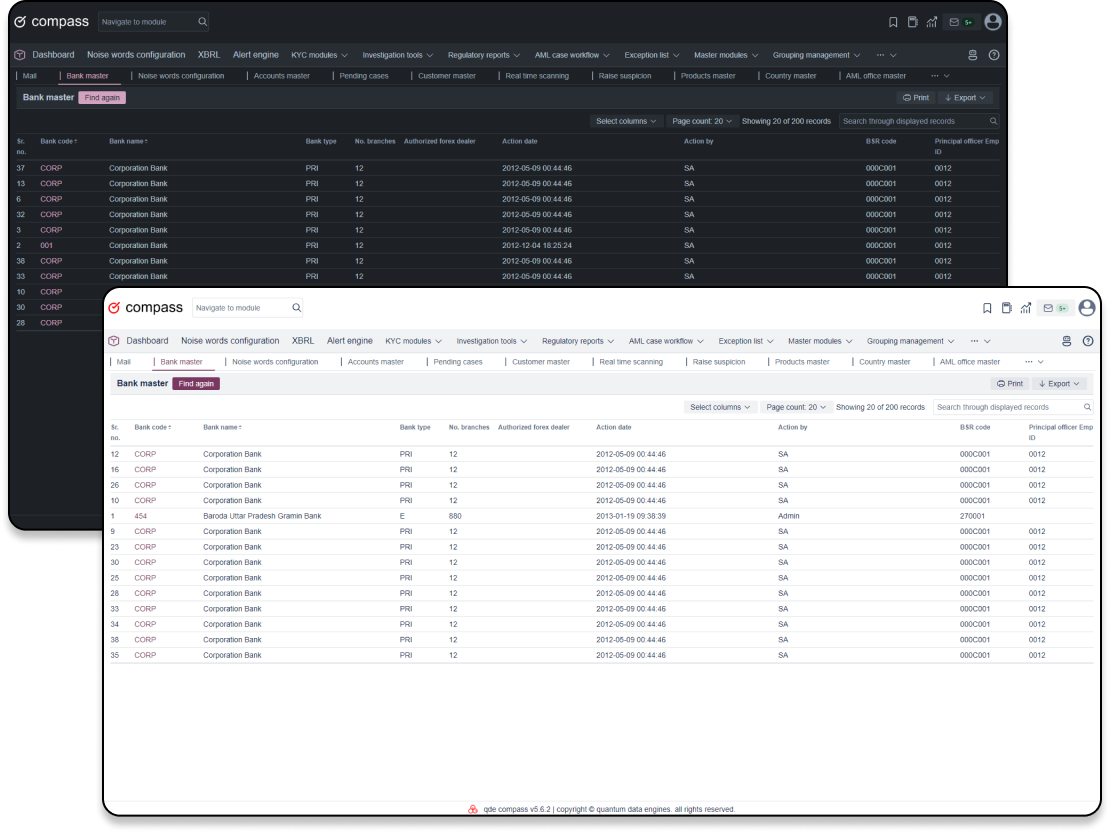

Software As A Service (SAAS)
In today's rapidly evolving business landscape, staying ahead of the competition and meeting the ever-changing demands of customers can be a formidable challenge. For companies looking for more value and flexibility to their customers, Software as a Service (SaaS) has emerged as a game-changing strategy.
Compass comes with SaaS, short for Software as a Service, has a cloud-based delivery model which offers high levels of customization for individual clients, has cost effective scalability while keeping data accessibility secure and maintenance relatively simple.



Cloud Native
In an era marked by rapid technological advancements, Cloud Native is not just a trend; it's the future of software development. It empowers organizations to build and run applications that are highly adaptable, scalable, and resilient. By embracing Cloud Native principles, businesses can stay competitive and thrive in a digital-first world, ensuring that their software remains at the cutting edge of innovation.
Compass has capability to run not only on on-premise dedicated servers, it easily adopts the cloud native runtime like Docker, Kubernetes and OpenShift also on various cloud providers like AWS, GCP, Azure.
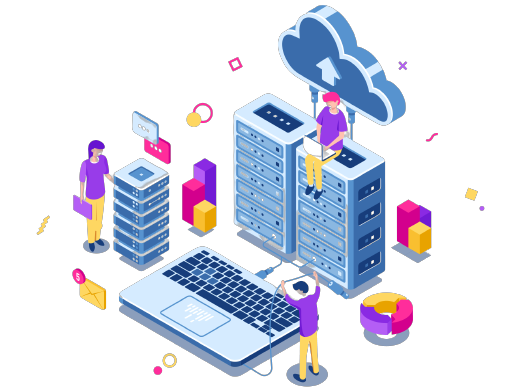
Multi-Tenant
In the world of software and cloud computing, the term "Multi-Tenant" has gained increasing significance as it enables businesses to make efficient use of resources and serve multiple clients or users from a single, shared infrastructure. Multi-Tenant architecture is an approach that allows multiple users or customers to share a single instance of an application or system while ensuring data isolation and customization for each tenant.
Compass ensures the efficient use of shared infrastructure efficiently, maintaining complete data isolation while providing a great level of customization.

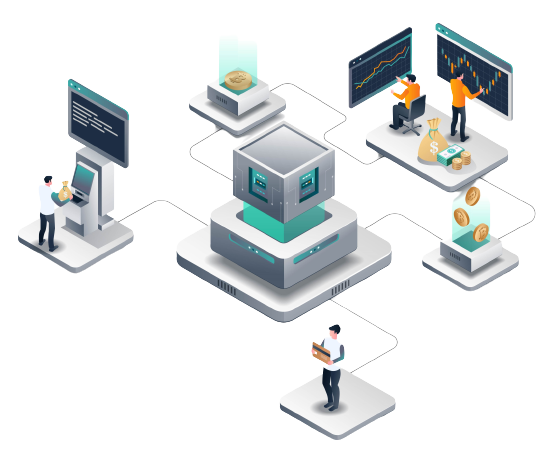

Modular Architecture
In the realm of software and system design, Modular Architecture has emerged as a fundamental approach that enables developers to create flexible, scalable, and maintainable solutions.
Compass took the design approach that involves breaking down complex systems into smaller, self-contained, and interlocking modules. Each module has a specific function or purpose, and they work together to form a complete system. These modules can often be developed, tested, and maintained independently, allowing for greater flexibility and ease of updates

Real-Time Data Flow
In an era defined by the need for instant information and responsiveness, real-time data flow has emerged as a critical component. This is a data processing approach that emphasizes the rapid and continuous movement of data from source to destination.
Compass by its design is capable of channeling and processing streaming data from various sources using different techniques to provide better customer experience, timely decision-making and predictive analysis on the data.

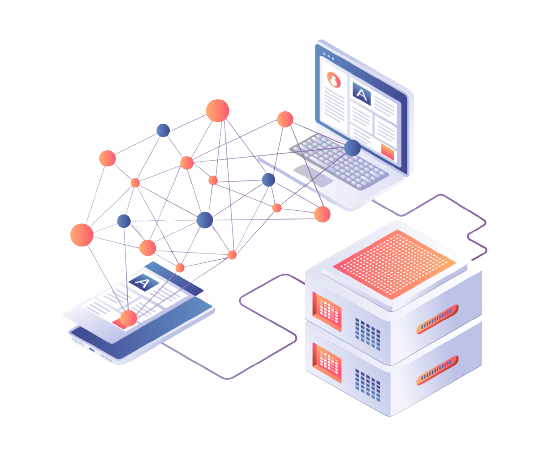

Distributed Computing
In our data-driven and interconnected world, Distributed Computing stands as a fundamental technology that empowers businesses, research, and innovation. Distributed Computing is a model where computation and data storage are spread across multiple computers, often connected via a network.
Compass, having a modular architecture, can run its individual components as micro-services. This forms a distributed computing cluster which creates a shared memory space so that the components can contribute to complex execution.

QUAD Design System
In the world of design and user experience, Design Systems have gained prominence as a foundational element that ensures visual consistency and cohesiveness across products and platforms. Design System or UI Kit, is a structured collection of design guidelines, components, patterns, and assets used to create a unified and consistent visual language for a product, application, or brand.
QUAD is becoming the new design system principles for all QDE products.

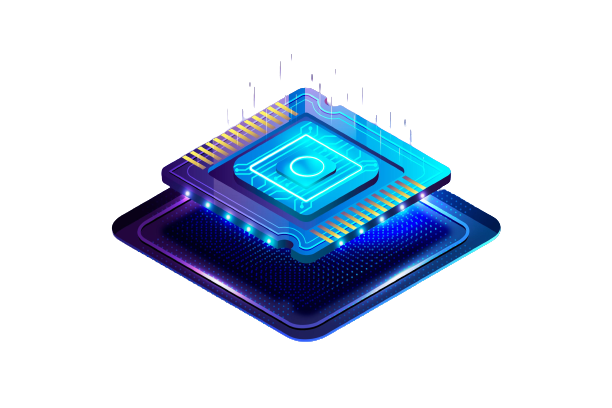

Lesser Memory, High Throughput
The pursuit of optimal performance often hinges on a delicate balance between memory usage and throughput. Organizations and developers seek to maximize efficiency, extracting the most value from hardware and software resources while minimizing the memory footprint.
Compass is now restructured in such a way that it utilizes its resources in a better way. It is reducing its memory footprints while offering better throughput on all of its execution.

RESTful and Stateless API
RESTfulness and statelessness are the two core architectural principles on modern web development and API design. They have become the cornerstone for building efficient and scalable web services. REST, or Representational State Transfer, is an architectural style for designing networked applications
Compass treats its underlying data as resources which can be accessed through statelessly, using uniform interface and proper HTTP verbs.

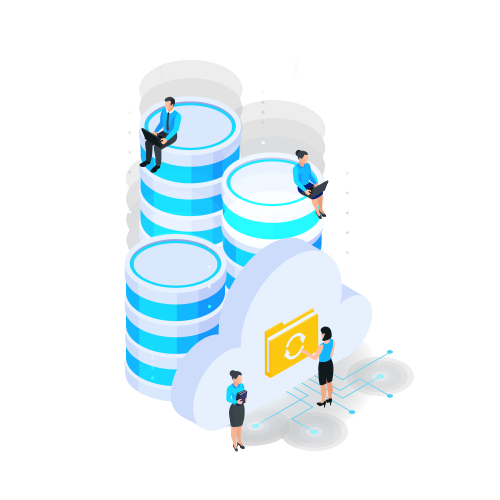

ORACLE and MSSQL in one Runtime
While multi-tenant and data isolation is on offer, it is very likely that different tenants are willing to rely on the comfortness of using their own data storage and database engine while using the shared application interface. We often come across this situation but now with new architecture Compass has capability to connect to both ORACLE and MSSQL with their different versions in place from the same runtime.
Credits: The Development Team of QDE